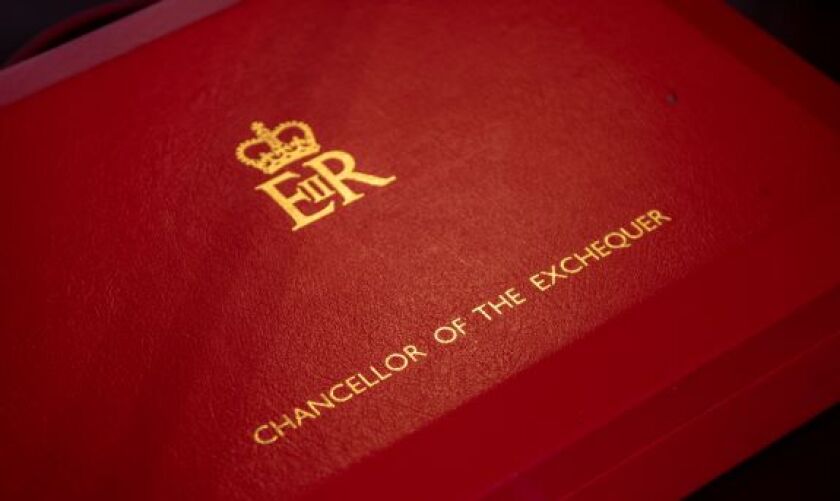If capital markets have not already discovered the limitations of loose monetary policy in fending off a crisis, then surely the coronavirus epidemic will reveal them.
The US Federal Reserve's 50bp rate cut last week proved a flash in the pan as, on Monday, markets fell out of bed, thanks to a twin shove from an oil price shock and the escalation of the Covid-19 outbreak. The efficacy of the Bank of England's own 50bp cut on Tuesday remains to be seen.
There has been for some time a growing sense that, finally, governments must deploy fiscal largesse to remedy the problems facing their economies.
The UK has much to worry about. It's future relationship with the EU is still uncertain and, like everywhere else, it now faces the human and economic cost of the epidemic. There has been increasing talk of a deep recession as a result.
Cash will be needed short-term to grapple with the extra demands placed on the National Health Service and the damage done to the country's small and medium-sized enterprises (SMEs).
It is those SMEs that will bear the brunt of the economic damage. Quarantined or sick people will, once they are done stockpiling toilet roll, spend less at the shops; they won't eat out as much; in fact they won't go out much at all.
That is why this week's sell-off is being talked of differently to other recent periods of market turmoil. It has been called a "buy-side crisis" rather than one for issuers. There is a sense that, as much as the UK has something of a captive audience for its sovereign debt, investors generally just don't believe in monetary policy any longer as the way to fix what is ailing markets.
This is not the sort of sell-off where investors will simply buy the dips because central banks cannot fix the underlying problem — a deadly virus.
Sunak has fiscal weapons in his arsenal, however. Chief among them is the Gilt market, especially in a recession when tax revenue will fall. Borrowing costs have never been lower — thanks of course to all of that loose monetary policy suppressing yields for so long, but also thanks to the Gilt's haven status.
A flight to quality has driven the yield on 10 year Gilts down from 0.553% to 0.281% over the last month. Five years ago it stood at 1.835%. The temptation must be for the UK to take advantage and ship extra funding through the door in size.
The Debt Management Office believes it will have issued £117.8bn of Gilts this financial year, which ends on March 31. Its latest projection of £144.8bn of gross issuance for 2020-21 — an increase in net issuance for the year of £28.3bn compared to this — could well rise.
But raising extra money is not the problem when you have loyal investors taking low yields. Fiscal credibility in the eyes of the market is.
So the government must care for its creditors. Now that there is widespread acceptance that it must spend more, it can do so. But it must be done wisely.
It has a lot of tools at its disposal — tax breaks, helicopter money, infrastructure spending, and of course emergency healthcare funding to name but a few. The mix will be critical in maintaining credibility with investors and keeping funding costs down at a time when borrowing will be elevated.
Sunak should by all means send the DMO to market more over the coming months — and maybe years — as the UK looks to defend its economy. But whatever it borrows, the government must deploy the funding with care to maintain its privileged position in the bond market just when it needs it the most.

